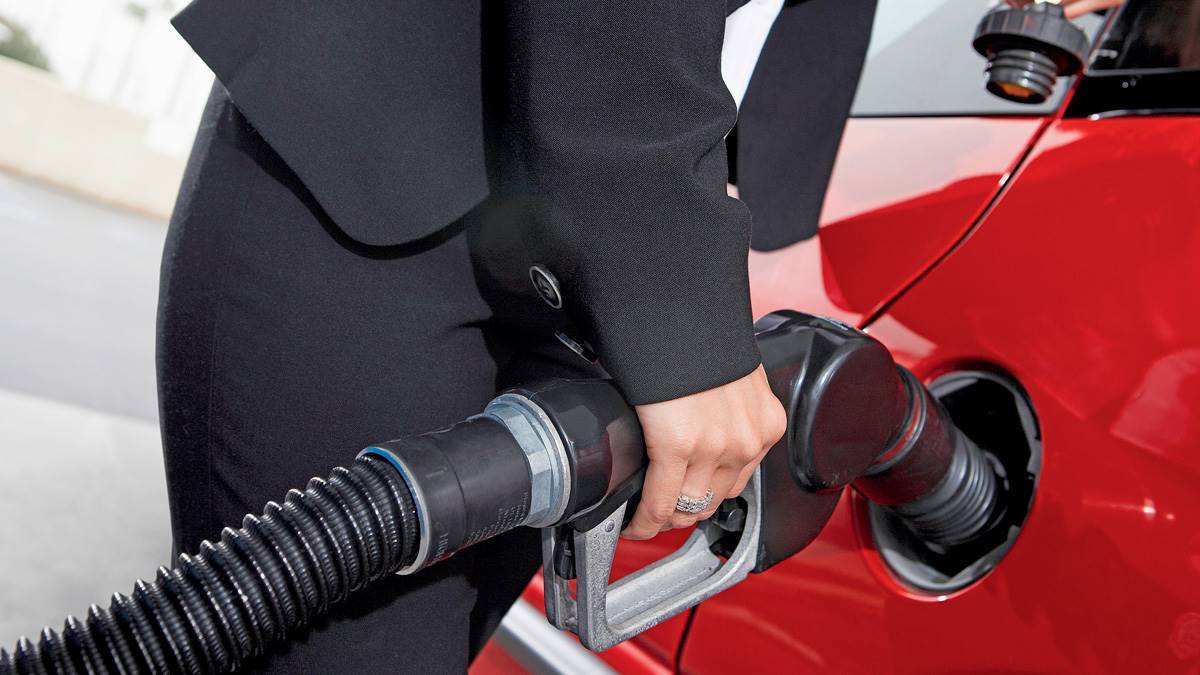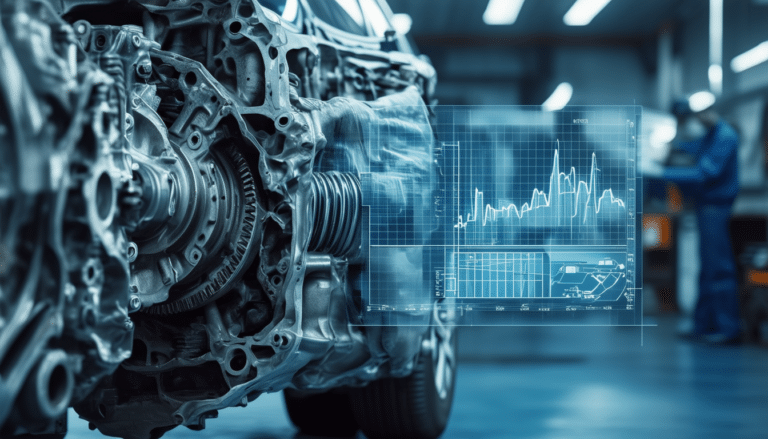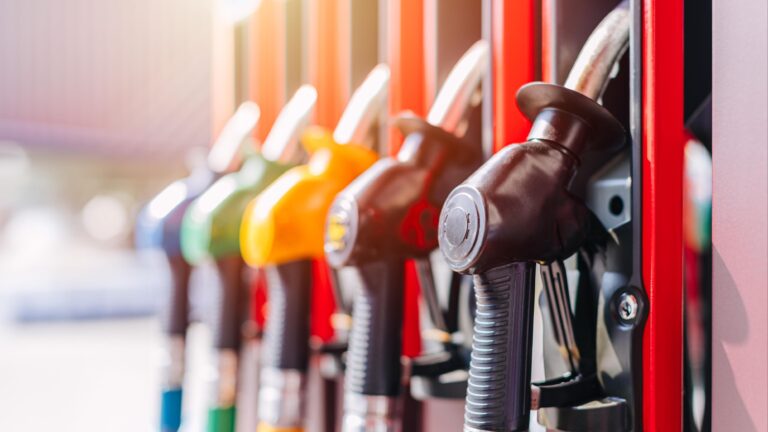Discover practical methods to reduce fuel consumption in your automatic car

Reducing fuel consumption in an automatic car is an increasingly relevant goal for today’s drivers. With the constant rise in fuel prices and the growing concern for the environment, adopting efficient strategies has become essential. Through practical and accessible methods, it is possible to optimize the efficiency of automatic vehicles, which will not only benefit drivers’ wallets but also contribute to a more sustainable future. In this context, various techniques are presented that allow for improving the performance of cars and minimizing their environmental impact.
Reducing fuel consumption in an automatic car has become an urgent need for many drivers. In addition to rising fuel costs, contributing to a more sustainable environment is an increasingly relevant goal. This article will explore practical methods that will allow you to optimize the efficiency of your vehicle, saving money and reducing harmful emissions.
Efficient Driving: Key to Savings
The way you drive has a significant impact on fuel consumption. To begin with, it is essential to avoid sudden accelerations and braking. Maintaining a constant speed on the highway is more efficient and requires less energy. Additionally, using cruise control when possible can improve fuel efficiency, especially on long trips.
Moderate Speed
Driving at a moderate speed is not only part of road safety, but it also helps reduce consumption. According to experts, a maximum speed of 90 km/h is ideal, as above this point, fuel consumption increases due to the greater effort of the engine.
Regular Vehicle Maintenance
Vehicle maintenance is crucial for maximizing its performance. Regularly checking the tire pressure ensures they are properly inflated, which affects rolling resistance. Low pressure causes the engine to work harder, consuming more fuel.
Importance of Timely Diagnosis
Conducting a complete diagnosis of the car can prevent problems that increase fuel consumption. A timely review of the vehicle’s systems is essential to ensure optimal functionality.
Air Conditioning Care
The use of air conditioning also impacts fuel consumption. In warm climates, turning on this system can significantly increase the load on the engine. Using it moderately and only when necessary is key. If the trip is short, opening the windows may be a more efficient option, but keep aerodynamics in mind at high speeds.
Route Planning
Planning routes can greatly contribute to reducing fuel consumption. Knowing the fastest or least congested routes allows you to avoid unnecessary stops and optimize engine usage. It is also advisable to turn off the engine during long stops; although some claim this consumes more gasoline, it can actually be beneficial.
Fuel Saving Driving Strategies
Additionally, some practices, such as establishing a maintenance plan, are key to optimizing car performance. Regular maintenance and knowing how the transmission works also contribute to more efficient driving.
Avoid Unnecessary Idling
Prolonged idling is a very common habit but consumes fuel unnecessarily. If you are stopped for a considerable amount of time, it is preferable to turn off the engine. This reduces fuel consumption and also engine wear.
Debunking Fuel Myths
There are many myths about fuel savings that can lead to poor decisions. It is important to be well-informed and apply effective practices based on real data.
Use Neutral Gear When Safe
Switching to neutral while the vehicle is stopped at a traffic light can help reduce fuel consumption, though this practice should be done with caution and only in situations where it is safe to do so.
Conclusion
Implementing these practical methods will help you reduce fuel consumption in your automatic car, benefiting both your wallet and the environment. Adopting efficient driving habits and maintaining good vehicle care are key steps toward more sustainable driving.
Conclusion on Reducing Fuel Consumption in Automatic Cars
The growing concern over the <strong/rise in fuel prices and the environmental impact of these has led many drivers to seek practical methods that allow them to reduce fuel consumption in their automatic cars. Adopting a series of effective driving habits can greatly facilitate this process, allowing not only for economic savings but also a significant contribution to environmental sustainability.
From implementing efficient driving techniques, such as maintaining a constant speed and avoiding sudden accelerations, to regularly checking tire pressure, every small change in driver behavior can translate into a noticeable improvement in vehicle performance. It is essential to remember that aspects like moderate use of air conditioning, adherence to speed limits, and strategic route planning are equally important. Each of these factors not only helps improve fuel efficiency but also leads to safer driving.
Additionally, keeping the car in optimal condition through regular maintenance allows the mechanical systems to function properly, resulting in more efficient gasoline consumption. Practices such as turning off the engine during prolonged stops may seem simple, but together they form a set of actions that can significantly impact the vehicle’s operating economy.
Ultimately, reducing fuel consumption presents itself as a challenge and a shared responsibility. All drivers have the opportunity to do their part by implementing the suggested measures. This change will not only benefit their finances but also contribute to a cleaner and more sustainable future for everyone.





